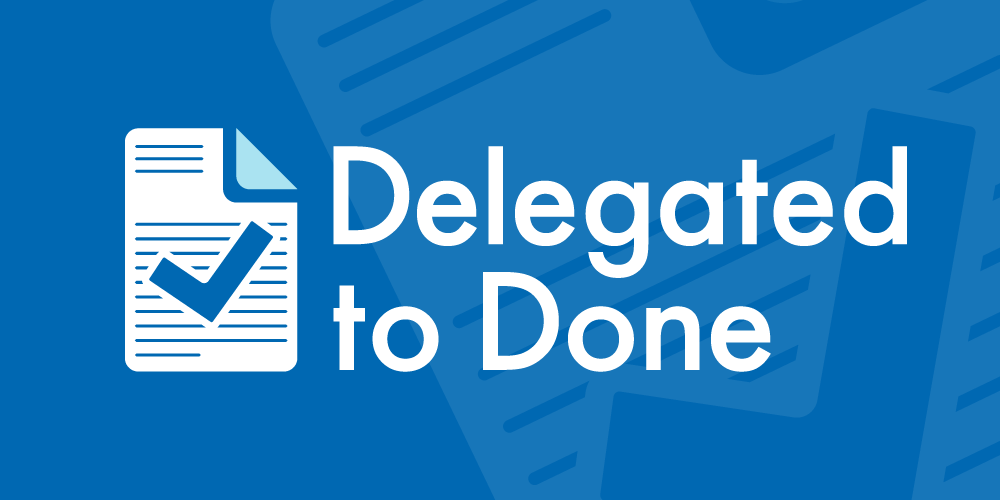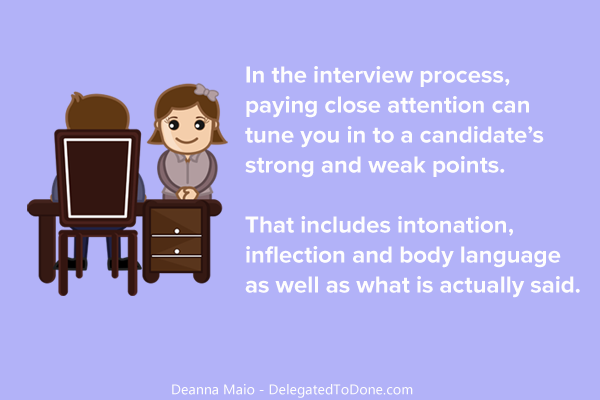As with any process, there are certain road blocks to avoid. Here, we call them speed bumps. When it comes to the hiring process, there are a variety of ways to become derailed. Here are four very good examples of hiring speed bumps. We will identify them and show you how to get over them carefully and with much success.
Keep a Sharp Eye Out
In poker, and other card games, a gesture that indicates a bluff is called a tell. An astute player can discover that their fellow players are bluffing by paying close attention. In the interview process, paying close attention can tune you in to a candidate’s strong and weak points. That includes intonation, inflection and body language as well as what is actually said. These types of helpful facts are easily missed when an interviewer moves through the process too quickly. It’s time to slow down and take a closer look.
4 Hiring Speed Bumps
The majority of road blocks occur during the interviewing process. It begins before you meet your candidate at the door.
- Are the skills and talents needed previously still needed at this present time? – Before advertising for a position, whether externally or internally, evaluate the needs of the job. Has the position changed over the years? Changes within the structure of the company may dictate that more responsibility be added to this job description. The opposite could also be true. The demands of the position may facilitate breaking up the tasks into two separate job titles.
- Avoid rushing to judgment where your candidates are concerned – Just because a person doesn’t look, act or sound like you or even the previous holder of the position, doesn’t mean they can’t handle all that the job entails. You may miss out on some really extraordinary people if you make up your mind before even talking to them.
- How do other top performers in this job get results? – Discover what has made previous holders of this job title successful. How were they able to move still higher in the company? This small bit of legwork lends itself to discovering if your interviewees possess the same skills and talents as these people do.
- Now that you know the secrets of the top performers, how would they answer your interview questions? – You know what qualities the candidates must possess. Now, how will that translate into answers to your questions? Take a moment to ask the top performers a few of your interview questions to get a feel for the types of responses to zone in on with the candidates.

